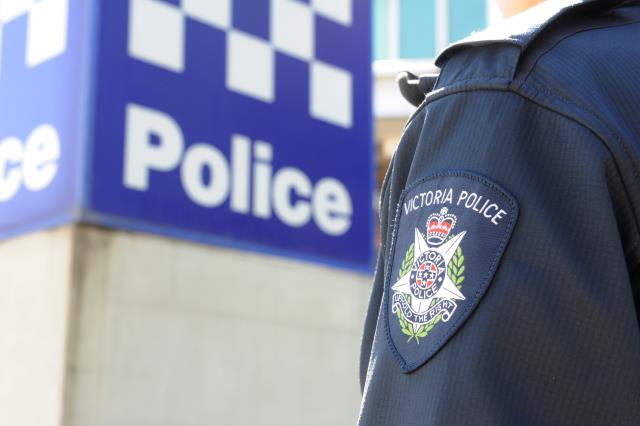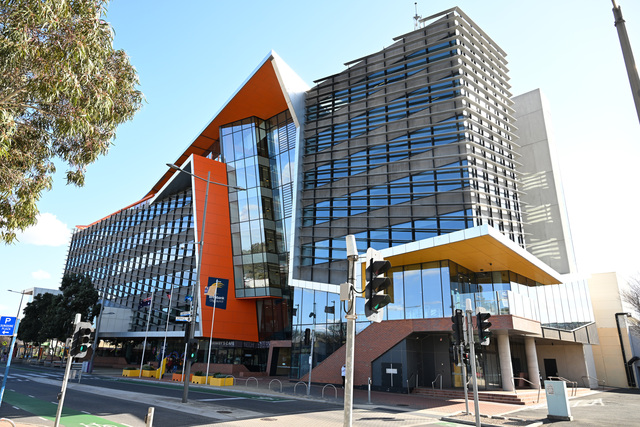Brimbank has been awarded $8 million to employ more than 150 local unemployed people to deliver a range of projects and initiatives in response to COVID-19.
The financial windfall is part of the Victorian Government’s Working for Victoria initiative.
Mayor Georgina Papafotiou said it was a vital step in the road to recovery.
“This positive step will help jobseekers who may have lost their jobs due to the impacts of COVID-19, or who have been without work for a longer period to get back to work. It will also support Brimbank to maintain and expand its grassroots services through the COVID-19 crisis,” Cr Papafotiou said.
“Funding essential jobs for Brimbank is important to council now more than ever.”
The announcement builds on the 78 workers Brimbank secured as part of the state government’s ‘community cleaning blitz’ in May, which saw local shopping strips, precincts and community amenity cleaned and maintained regularly.
Recruitment for the new roles is expected to commence soon, with funding secured for up to 6 months.
Hiring will be done through the Working for Victoria labour pool, which can be accessed at: https://www.vic.gov.au/workingforvictoria.
The council is encouraging local workers who have been impacted by COVID-19 to apply for these new roles as soon as possible.
In particular, workers who have been impacted by the cessation and reduction in Melbourne Airport operations, are encouraged to consider applying, many of whom live in Brimbank, and many of whom we understand have been ineligible to apply for JobKeeper.
Since launching in April, the $500 million Working for Victoria program has supported more than 8,500 workers into new roles.
Minister for Multicultural Affairs and Youth Ros Spence said it will help those who need it most.
“This exciting initiative will provide young people bearing the brunt of the coronavirus pandemic with new opportunities for employment, and valuable experience at the start of their careers,” Ms Spence said.
“These programs will be an enormous boost to multicultural communities by providing emergency relief, carer support and in-language communications to where it’s needed most.”







